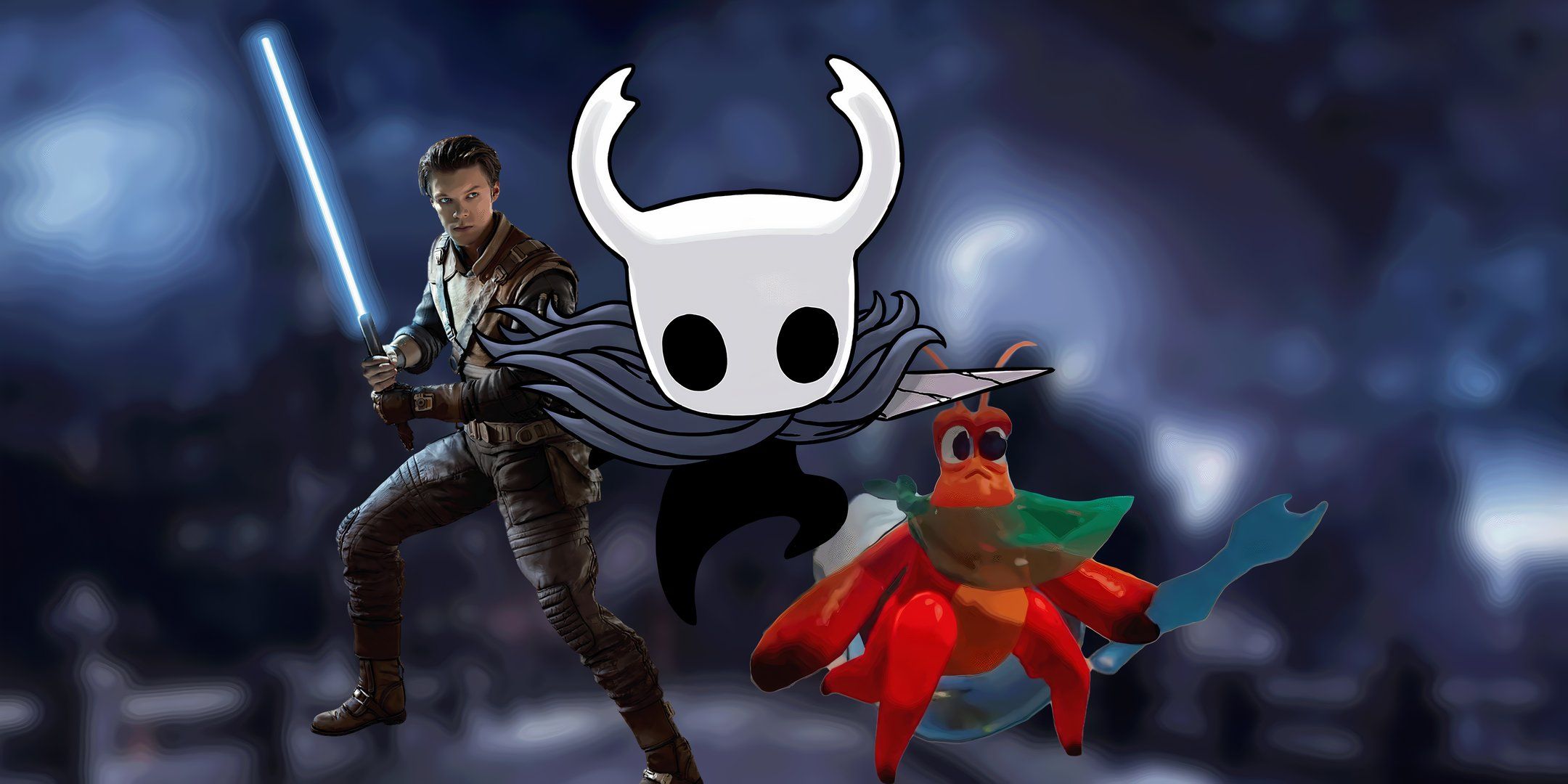
Whether it's the punishing difficulty or epic boss encounters, these are the best Soulslike games available on Xbox Game Pass.
Demon's Souls and Dark Souls ushered in a new subgenre of RPG/action-adventure gaming in the form of Soulslikes. While still in its infancy, the concept has produced quite a few projects over the last decade, and many tend to be ambitious projects. 2023 alone produced Lords of the Fallen, Lies of P, and Star Wars Jedi: Survivor, all of which were massive releases in their own right.
Xbox Game Pass' value comes from its variety. The subscription service tries to cover as wide of a spectrum as possible, offering something to interest most tastes. Soulslikes are no exception, even if none of FromSoftware's genre-creating releases are part of the service. Still, some of the best Soulslike games on Xbox Game Pass serve as great alternatives to Dark Souls and Bloodborne.
Updated October 13, 2024 by Mark Sammut: The last month did not see any new Soulslikes join Xbox Game Pass. Fortunately, a new October 2024 game could hit the mark with fans of the genre.
Xbox Game Pass Ultimate has Star Wars Jedi: Fallen Order and its sequel, Jedi: Survivor. Developed by Respawn, the games tell an original story in the Star Wars universe, with an in-hiding Jedi Knight named Cal Kestis taking center stage. Regardless of quality, newcomers should try to start with Fallen Order as its story leads directly into Survivor. More importantly, the 2019 release is not only great but also one of the best Soulslike games on Game Pass in its own right.
Still, Jedi: Survivor is (generally) bigger and better in most areas. Cal Kestis' character is more fleshed out, the featured planets are more visually striking and fun to explore, and the battle system has a few more tricks up its sleeve. Just to be clear, the sequel mostly sticks to the same blueprint as Fallen Order, particularly the enjoyable but floaty combat. Still, Jedi: Survivor added depth via a stance system, which is like a mix of Nioh's mechanic and Devil May Cry 5's Dante moveset. Essentially, players can decide Cal's preferred fighting style by equipping two stances simultaneously.
Starfield was not the only big September 2023 game to launch directly on Xbox Game Pass. Lies of P is a fantastic action RPG that takes obvious inspiration from arguably FromSoftware's best game: Bloodborne. Creatively inspired by Pinocchio, the game follows the iconic puppet as he makes his way through Krat, a city overrun with horrendous monstrosities that range from humanoid guards to massive entities. Offering more fast-paced action than the traditional Soulslike, Lies of P incorporates most of the genre's basic ingredients, but they are combined in a way that allows the game to stand out positively.
While dodging is an option, the combat prioritizes guarding and deflections, the latter of which must be mastered to make the many challenging bosses more manageable. Even though it was not created by a well-known developer, Lies of P is polished, ambitious, and impressive, and it will likely go down as one of the best Soulslike games of all time.
Under the sea, there are plenty of creative bosses who need to be put to the fork. Another Crab's Treasure provides an endearing and clever take on the Soulslike formula, one that could easily have gotten by on charm alone but wisely opted to be pretty fun as well. As Krill, players go on a substantial but not overly long journey to retrieve their stolen shell; in the meantime, they have to make do with makeshift "armor" pieces, most of which provide unique abilities that justify their existence beyond just stats. Unsurprisingly, Kril's quest involves taking on all sorts of aquatic entities, including some gigantic creatures with over-the-top and glorious movesets. Fortunately, the crab has a capable weapon (fork) that can be upgraded through Stainless Relics.
Bản xem trước mở rộng – Nội dung chưa đầy đủ.